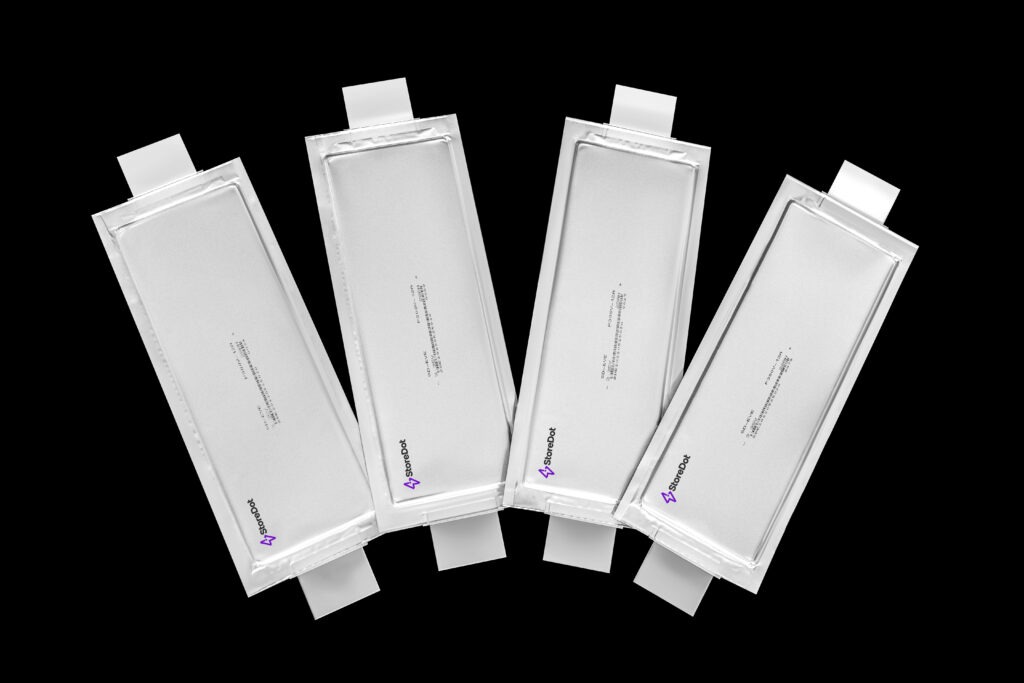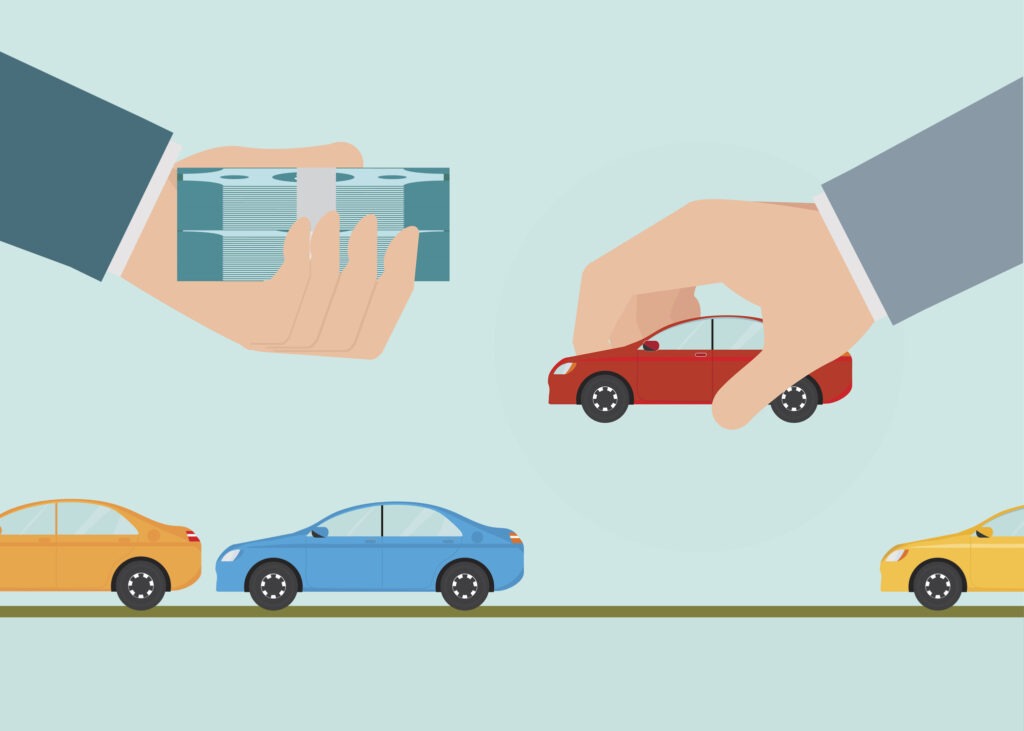What does the future hold for EV batteries?
17 August 2023

As drivers switch from internal-combustion engines to electric vehicles (EVs), expectations for more advanced technology are growing. Current batteries are adequate for many early adopters, but development is needed to appeal to a bigger market.
To find out how current battery technology is affecting the market and what work is taking place to create new advanced power-storage units, Autovista24’s special content editor Phil Curry, spoke with Doron Myersdorf, CEO and co-founder of StoreDot. The pair discussed the current state of the EV market, the startup’s technological development, and how fast charging will boost sales in the future.
Subscribe to the Autovista24 podcast and listen to previous episodes on Apple, Spotify, Google Podcasts and Amazon Music.
Show notes
StoreDot: How advances in XFC are delivering safer batteries with longer lifecycles
EV batteries maker StoreDot secures major investment from Ola Electric
Dead EV batteries – why recycling and repurposing matter
What is an EV solid-state battery?
Show synopsis
Based in Israel, Storedot is working on new materials and systems for EV batteries. The startup’s developments mean new batteries can recharge in minutes, helping to remove one of the biggest barriers to EV adoption, charging anxiety. It aims to provide an experience that is akin to fuelling a petrol or diesel-powered vehicle, creating more convenience for EV buyers.
‘Fast charging, or extreme fast charging (XFC) as we are working on, requires a charging station capable of delivering 350kW, and a battery that is able to take this level of power in a short amount of time, without any safety concerns or heating issues,’ stated Myersdorf. ‘This requires a new battery technology and an infrastructure that can develop alongside it in parallel.’
StoreDot’s developments replace the graphite in the anode side of the battery with nanodots. These can take charge at a much faster rate than current graphite structures. Nanodots can increase the charging rate by up to a factor of 10, by helping to increase the surface area of the material and making it easier for ions to interact.
The process is not as easy as inserting new materials into a battery, there are other considerations as well. ‘Temperature is a big deal in batteries, especially if you are fast charging, then the current is much larger,’ added Myersdorf. ‘So, we are talking about hundreds of amps that are being pumped into the vehicle and we need to make sure that the right cooling system is being placed around that.’
StoreDot has grown rapidly in recent years and is now testing its battery technology with several carmakers before taking plans through to the next phase. This includes battery-centric vehicle design and ensuring all tests of the pack system, and not just the cells, are completed, something the company aims to complete next year.
With better-developed batteries that can charge faster and last longer, there will also be a benefit to the used-EV market. Drivers who want to switch, but cannot afford a new vehicle, may have been put off by the potential deterioration of old batteries. Yet with new technology, the power unit may still be as efficient as an ICE vehicle after several years, removing another potential barrier to adoption, and keeping EVs on the road for longer.
Battery development is likely to be a key part of the automotive industry in the future, and startups such as StoreDot will play an important role. These companies will have to work with established players to improve the overall EV market and provide convenient options to consumers and businesses alike.



